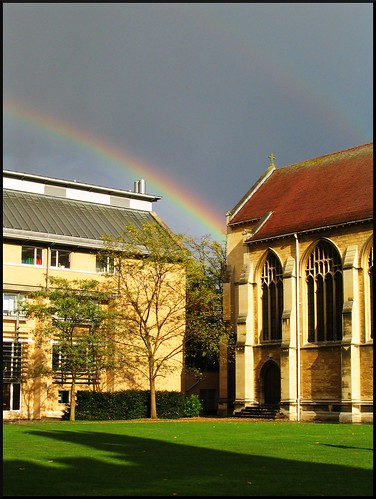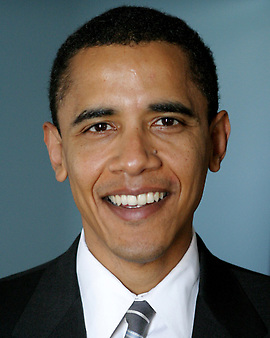See
http://www.glos.ac.uk/news/islamandtheveil.cfm for details of this week's event at the University.
Details:
Islam and the Veil
14th April 2008: Tiered Lecture Theatre, Francis Close Hall. Tuesday April 29, 10.30am.
 Tackling the issue of Islam and the Veil, the annual conference on Islam returns to the University of Gloucestershire on Tuesday April 29.
Tackling the issue of Islam and the Veil, the annual conference on Islam returns to the University of Gloucestershire on Tuesday April 29.
Organised by the Department of Humanities, based at Francis Close Hall in Cheltenham, the event has been running for more than 10 years and usually focuses on themes which are of contemporary significance. Guests will be welcomed by Dr Keith Sharp, Dean of the Faculty of Education, Humanities and Sciences and the conference opens with Reverend Dr Marcus Braybrooke, President of the World Congress of Faiths.
Associate Senior Lecturer and Honorary Research Fellow Dr Theodore Gabriel said: “The issue of veiling has been intensely debated in British society and has implications for religious liberty, inter-communal relationships and cultural interaction.
“This conference hopes to generate open and objective discussion of this highly important, though controversial subject led by knowledgeable scholars including female practitioners of Islam. Provoked by the then Home Secretary Jack Straw this subject has inflamed passions and generated heated debate in the media. This conference aims to look at the historical background, and theological and social factors underlying the veiling of women in Islam.”
Speakers also include Dr Simonette Calderini, Senior Lecturer in Islam at Roehampton University and Mrs Rabiha Hannan, who is vice chair of Standing Advisory Council for Religious Education (SACRE) in Leicester, and a member of the team which led to the foundation of the National Christian-Muslim Forum.
Doctoral student Myles O’Byrne, from the University of Warwick, will be speaking on The Veil in France’s Public Sphere: Conformity in Mind and Body, while Mrs Sariya Contractor, doctoral candidate at the University of Gloucestershire, will be discussing The Hijab, a Symbol of Muslim Women’s Identity. “It is hoped that such discussion will enable the participants to arrive at a well-informed consensus on the subject, or at the least hear well-balanced, unbiassed analyses of this important aspect of Islamic practice,” Dr Gabriel explained.
“Veiling is an important issue in the study of Islam and contributes to a deeper understanding of the faith. This is a subject that comes up often in different contexts where Muslim citizens of this country are involved in, such as education and other public scenarios. Therefore this conference is timely, relevant and though sensitive and even emotive, can play a hugely vital part in inter—communal relations and social debate in this country.”
This event is open to the public. Admission is £16, or and £8 with concessions (students and unwaged).
An application form is normally required, but those who would like to attend can either telephone 01242 714570 or email pdownes@glos.ac.uk with their address and a form will be sent - or just ring for more details.
Coffee in the morning and tea in the evening are supplied free. A sandwich lunch will cost an extra £5.
 Hello,
Hello,















 Tackling the issue of Islam and the Veil, the annual conference on Islam returns to the University of Gloucestershire on Tuesday April 29.
Tackling the issue of Islam and the Veil, the annual conference on Islam returns to the University of Gloucestershire on Tuesday April 29.























